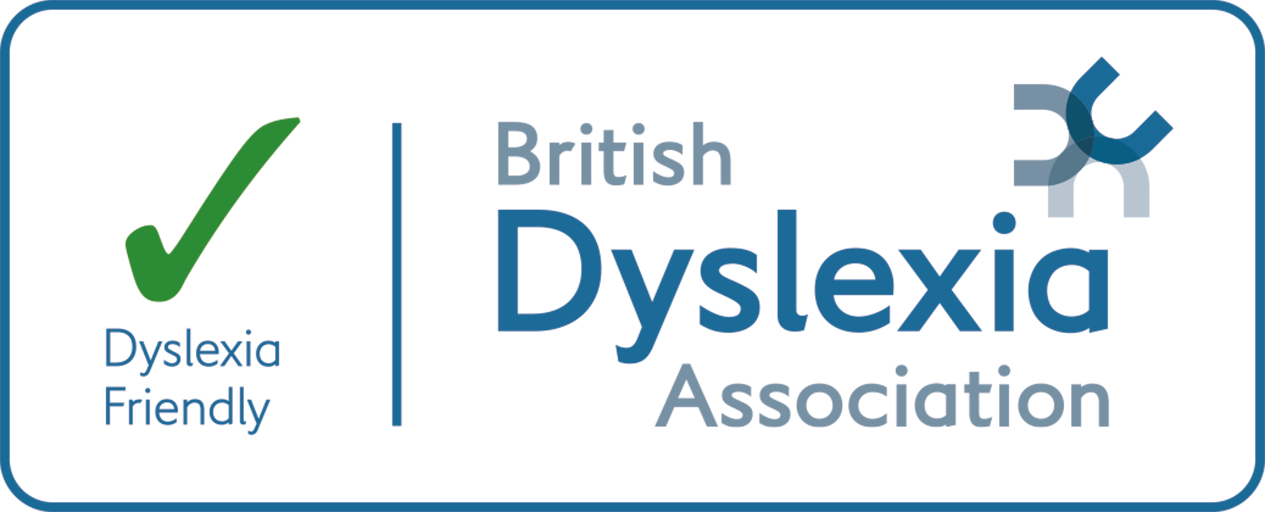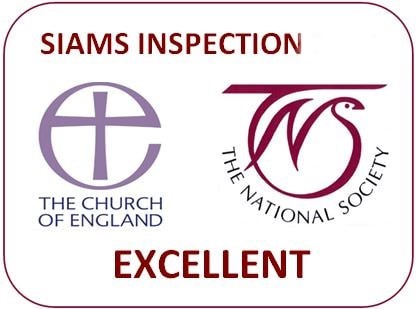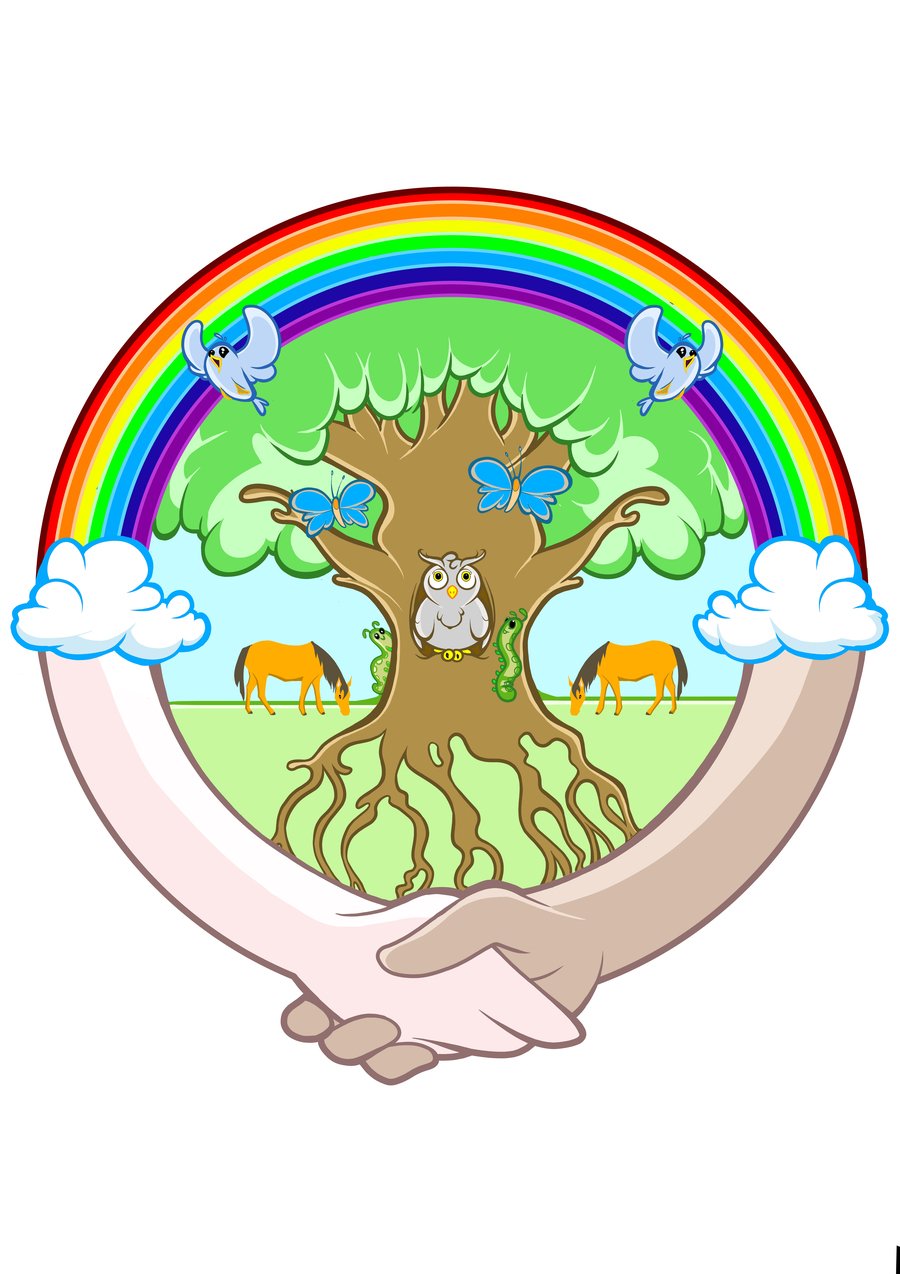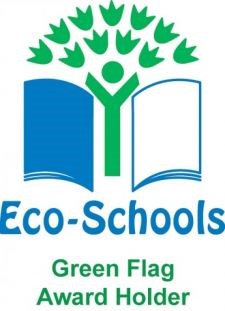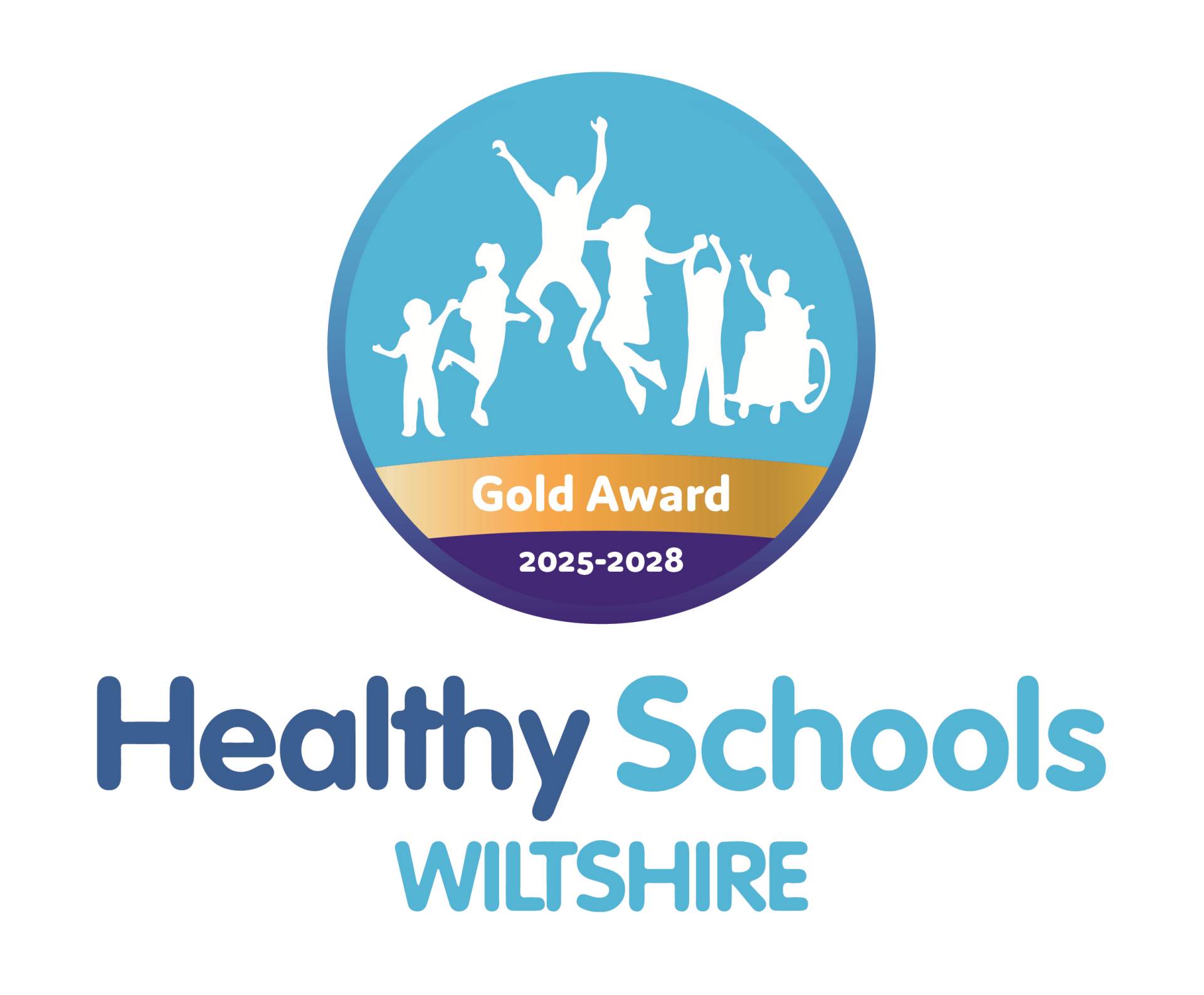Safeguarding Procedures
We are committed to ensuring that our children always feel safe and secure. This involves a wide range of policies, procedures and supportive arrangements. We have a strong culture of safeguarding and work tirelessly to keep your children safe, secure and well cared for. It is only when children feel safe and secure that they will be able to be happy and ready to learn.
To find out who is involved in ensuring your children are safe meet Our Safeguarding Team.
The following documents help explain our safeguarding procedures.
Safeguarding and Child Protection Policy
TNFS Anti- Bullying Poster - created by the School Council.
Uncollected Children Policy and Procedure
Whistleblowing Policy - see MLP Policies Link Magna Learning Partnership
Visitor & Volunteer Information
Statement on Sexual abuse in schools
We regularly discuss safeguarding with your children to ensure that they know school is a safe and secure place to learn. We work closely with the NSPCC who deliver workshops and assemblies helping children to keep themselves safe.
Working together to help prevent abuse and keep children and young people safe. Here are some useful websites.
The NSPCC offer a wide range of resources to help parents, carers and others members of the community, to ensure that they are able to meet their safeguarding responsibilities:
NSPCC Helpline – Parents , carers and members of the public can contact the NSPCC helpline whenever they’re worried about a child by calling 0808 800 5000, emailing help@nspcc.org.uk, texting 88858* or contacting us online at nspcc.org.uk/helpline. The helpline is free, available 24/7 and calls can be made anonymously. This service can also be used for general advice and guidance
Need-to-Know Guides - Further information on a range of issues can be accessed through a series of guides. These include leaving children home alone, holding babies safely, and spotting signs of abuse and neglect.
PANTS – The Underwear Rule: Talking PANTS teaches children important messages, like their body belongs to them and they should tell an adult if they're upset or worried. Using age appropriate language, PANTS allows parents to have difficult conversations around sexual abuse without even mentioning the word ‘sex’.
https://www.nspcc.org.uk/preventing-abuse/keeping-children-safe/underwear-rule/
ShareAware: The internet is a great place for children to be and ShareAware makes it safer. ShareAware provides straightforward, no-nonsense advice to help untangle the web and empowers parents and cares to have conversations with their children about staying safe online and through social media
https://www.nspcc.org.uk/preventing-abuse/keeping-children-safe/share-aware/
NetAware: Net Aware is an online tool that informs parents about the social networks, apps and games that children might be using. We looked at the frequency of inappropriate content, how robust and easy to find the privacy settings are, and why children like using the sites. We regularly update Net Aware with new apps, and parents can sign up to Net Aware newsletters to keep up with digital trends.
NSPCC/O2 Online Safety Helpline: This helpline provides practical, technical advice including parental controls on electronic devices, adjusting privacy settings, understanding social networks, and information about online gaming. 0808 800 5002
The National Crime Agency's CEOP Education team aim to help protect children and young people from online child sexual abuse. You can find lots of resources here.
https://www.ceopeducation.co.uk/
We also get notifications from an organisation call Encompass if there is any police visits to a home where a child maybe exposed to domestic abuse. Please see their website below.
